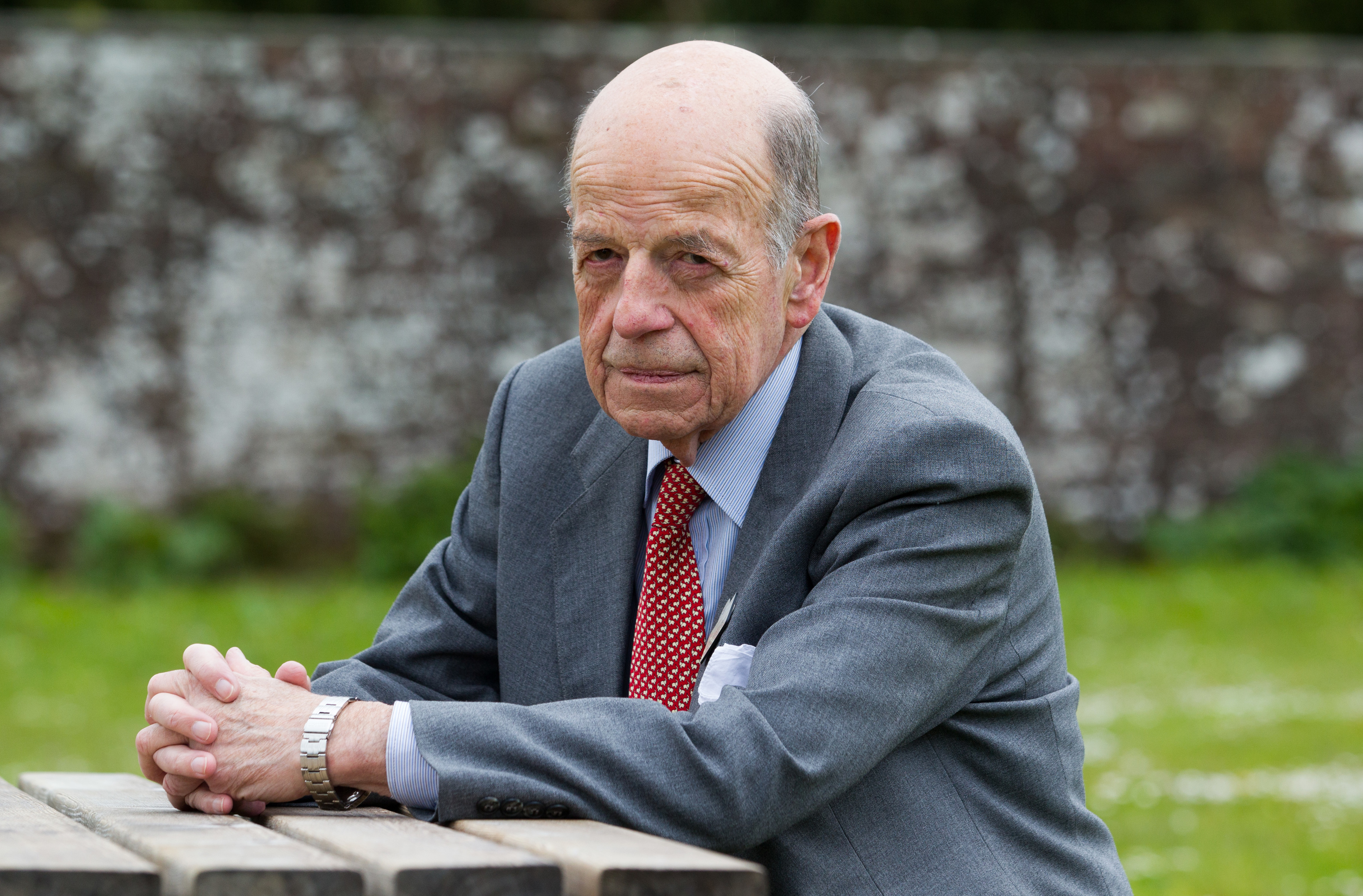
GAZZA was one of British football’s greatest talents while his cheeky personality used to charm the whole country.
But since he stopped playing, his battle with alcoholism has left a trail of heartache.
Sadly, alcoholism is a reality for millions across the country.
We spoke to one man who spent years battling alcohol addiction and reached rock-bottom before clawing his way back to a better life.
Chris Burn opened his eyes slowly, painfully.
Everything was bathed in a radiant, bright light. His first thought was that he was dead.
But in reality he was taking the first steps towards truly living for the first time in 30 years.
The bright white room was in an alcohol rehab clinic, the latest in a series of facilities his wife had driven him to after bundling him, paralytic, into her car.
He was 47 years old and drinking himself to death. This could be his final chance to survive.
Born in 1940, Chris suffered two early tragedies.
“My father was in the army and was killed by the Japanese. Then my mother died from a brain haemorrhage. I lost both my parents before the age of two.”
But despite this double loss he insists it had nothing to do with his later problems with drink.
Brought up by an aunt, he squarely pins the blame for his long battle with addiction on shyness and social anxiety.
“From the age of 14 onwards, I was socially inadequate and I discovered one day at 15 that drink would help with that. I couldn’t pull the girls and a drink or two sure made it easier.”
But what began as a few drinks to steel the nerves quickly slipped into more dangerous territory.
By the time Chris left his teens he was having at least one drink a day. In his early 20s he was drinking heavily every lunchtime and evening.
He’d trained to be a chartered accountant and by the time he was 26 he had high-flying job, living in Paris and working for an international accountancy firm.
“I was just about holding it together,” he says, although his condition on his wedding day in 1966 should have set alarm bells ringing.
“I was drunk on my wedding day,” he admits.
“I was utterly drunk in the church. It’s amazing no one noticed – but I got married on the day England won the World Cup so everyone was drunk!”
As Chris’s behaviour became ever more drink-fuelled his new wife became more unhappy.
They had three children over the next few years, and Chris says: “She was doing the right thing all the time, while I was doing more and more of wrong thing.”
There was absenteeism, drinking late after work and risky situations.
“I was a manager at that time and promoted the idea of ‘work hard, play hard’. Playing hard included long lunch hours in the wine bar.
“But if you’re a chartered accountant and drunk half the time you can’t add up. It was a recipe for disaster.”
After he was confronted by colleagues Chris agreed to go into residential treatment in 1983, aged 43. But nothing changed.
“I wouldn’t face up to reality,” says Chris. “Alcoholism is such a strange thing – you’re in huge trouble but tell yourself you can handle things.”
After leaving rehab, life went rapidly downhill for Chris.
He attended five different clinics and was hospitalised twice with liver failure – but still he merrily told himself he could stop when he wanted to.
Eventually he hit rock bottom.
“I was without a job and a family, living in one room with a lot of empty whisky bottles, drinking two bottles or more a day.
“My wife had almost washed her hands of me, but she was the one who came to check up on me and drove me to one last rehab.”
There, he woke up in the white room, not quite dead yet.
He embarked on a 12 Step programme, of the kind used by organisations like Alcoholics Anonymous. It was to be the saving of him.
Chris explains: “The 12 Steps help you to face reality, provides help to make the changes and gives you a degree of spirituality to fill the gap that is left by the absence of booze.”
A year after leaving rehab, Chris was taken on as financial director of the new Castle Craig Hospital, one of Scotland’s leading private residential drug and alcohol rehabilitation clinics, near the village of Blyth Bridge in Peebleshire.
After taking a break to run his own hotel in Peebles, he returned to the clinic in 2004 to train as a therapist, helping others to overcome the same problems he faced.
Life now is immeasurably better than it was in his drinking days. And despite what he put her through, there is still hope for Chris and his wife at the age of 74.
“My relationship with my children is brilliant, but my wife and I are still a work in progress.
“She lives in London and I go and stay with her every six weeks or so and we go on holiday together. We’re seriously planning to live together again.
“It was a good thing that she booted me into touch. I’m grateful to her for everything.”
I ask him about his lowest point and he returns to the white room.
“I faced total humiliation, defeat and surrender. For me, my denial and sick pride was so great I had to get to that stage before I could face reality.”
For Chris that reality is now happy and positive – proof that, even in the darkest of times, there is still hope.
Chris writes an inspirational blog at poetrychangeslives.com
READ MORE

Enjoy the convenience of having The Sunday Post delivered as a digital ePaper straight to your smartphone, tablet or computer.
Subscribe for only £5.49 a month and enjoy all the benefits of the printed paper as a digital replica.
Subscribe